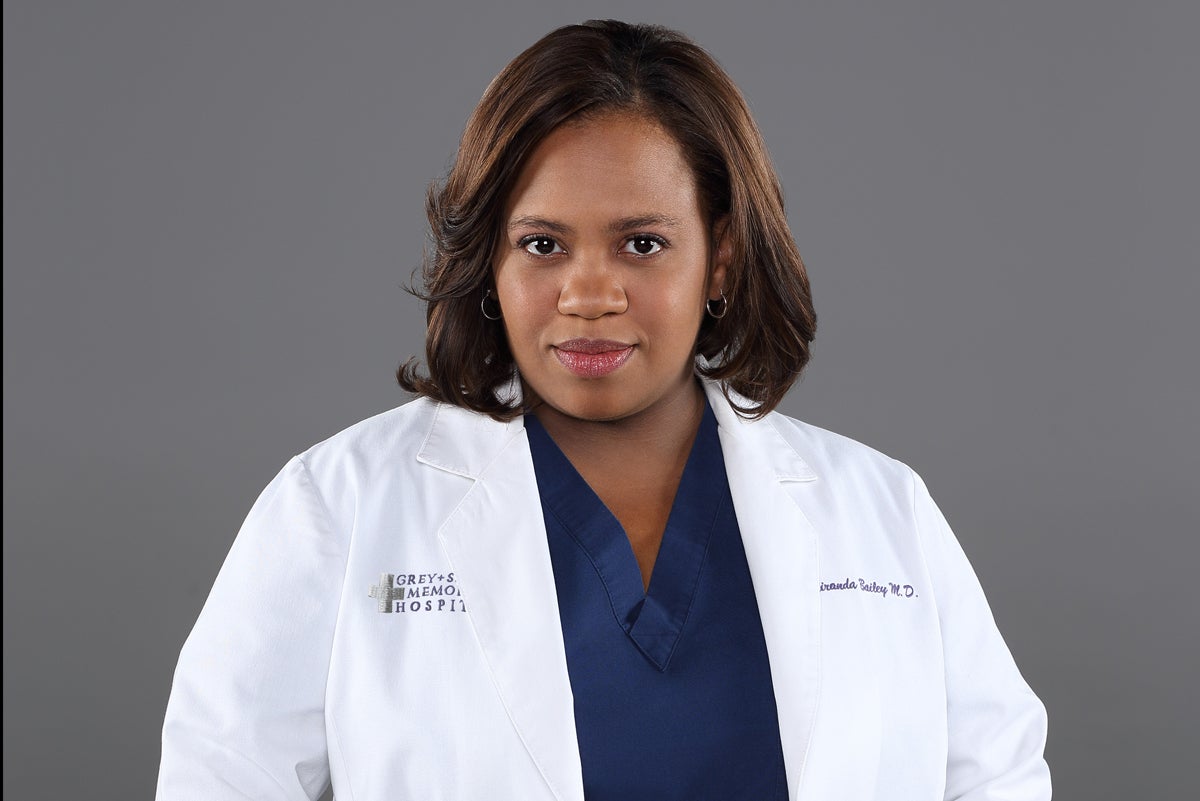
This article originally appeared on People.
As Dr. Miranda Bailey on ABC’s Grey’s Anatomy, Chandra Wilson is used to solving medical mysteries. But when her daughter suddenly came face to face with her own rare disorder, the actress fell straight into detective mode.
After a casual outing with friends when she was 16 years old, Sarina McFarlane thought she was fighting a bad case of food poisoning. However, after repetitive attacks of nausea and vomiting, both daughter and mother knew it was something more serious.
“She would get these terrible bouts of vomiting and stabbing abdominal pains,” Wilson, 47, exclusively tells PEOPLE in this week’s issue. “I thought, ‘This was crazy.’ Something was wrong with my daughter, and nobody could tell me what it was.”
For Wilson, watching her daughter’s struggle nearly got to the point of unbearable.
“I found myself tracking what foods she was eating, where we were, tracking all this information myself,” she says. “Each hospital visit, I would put the info into a binder. By month eight, I was walking around with this gigantic binder.”
After 10 frustrating months of unanswered questions and endless hospital visits due to dehydration, McFarlane was finally diagnosed with mitochondrial dysfunction (severe depletion of the body’s cellular energy supply) and cyclic vomiting syndrome (CVS), a rare disorder that presents with random attacks of committing, nausea, and extreme exhaustion, in 2010.
Subscribe to our daily newsletter for the latest in hair, beauty, style and celebrity news.
Now, 23, McFarlane admits she was “scared, frustrated and depressed” during the months leading to her diagnosis.
“People in high school thought I was throwing up because I was trying to lose weight,” she says.
“The episodes tend to be abrupt, coming at different frequencies,” McFarlane’s physician, Dr. Richard Boles, the medical director for Courtagen Life Sciences, says. Due to the symptoms’ lack of diversity, it’s extremely hard to diagnose.
“There’s really no objective criteria to back it up,” he says. And, though experts have not found a cure, Boles stresses that it can be controlled with the right medication, vitamins and healthy lifestyle.
As McFarlane made a transition from adolescent care (where she maintained the same group of doctors and nurses) to adult care, her troubles seemed to only get worse.
“If you go to the hospital two, three or four times, they think you’re a druggie,” she says.
“You have to go through the process of being believed again,” adds Wilson.
Now McFarlane, who’s studying screenwriting at Cal State Northridge, and her mom try to remain upbeat.
“I could be sad about it,” says McFarlane, “but it’s going to come back anyway.”
Grey’s Anatomy airs Thursdays (8 p.m. ET) on ABC.
